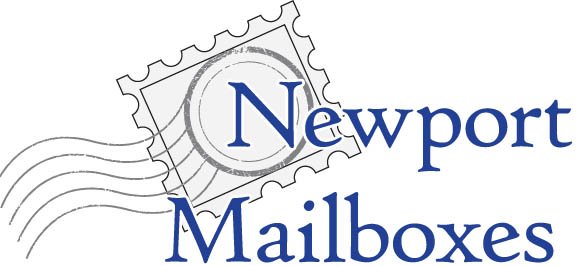Buying or selling a home is one of the most significant financial transactions most people will ever undertake. From signing contracts to transferring property titles, every step requires accuracy, attention to detail, and legal compliance. One of the most important professionals involved in this process is the notary public. Notaries play a critical role in home closings by verifying identities, witnessing signatures, and ensuring that all documents are legally valid. Newport Beach Mailboxes provides professional notary services to make home closings smooth, secure, and efficient.
What Is a Home Closing?
A home closing, also known as settlement, is the final step in a real estate transaction. During the closing, the property officially changes ownership from the seller to the buyer. This process involves signing numerous legal documents, including the deed, mortgage agreements, title transfers, and loan disclosures. Because these documents have significant legal and financial implications, every signature must be verified, and all parties must fully understand what they are signing.
Why a Notary Is Essential in Home Closings
Notaries serve as impartial witnesses in home closings. Their main responsibility is to verify the identity of each signer and ensure that signatures are made willingly and knowingly. This helps prevent fraud and forgery, protecting buyers, sellers, lenders, and other parties involved in the transaction.
Without a notary, there would be no neutral party to confirm that the individuals signing the documents are legitimate and understand their responsibilities. This verification is particularly important in real estate because the documents involved transfer ownership, secure loans, and create binding agreements that affect large sums of money.
Key Responsibilities of a Notary in Home Closings
1. Identity Verification
Before any signatures are notarized, the notary verifies the identities of all parties involved. This is typically done by reviewing government-issued identification, such as a driver’s license or passport. Identity verification ensures that the right people are signing the documents and reduces the risk of fraud.
2. Witnessing Signatures
The notary observes each signer as they complete the documents. This step confirms that all signatures are voluntary and that no one is being coerced. By witnessing the signing, the notary adds an extra layer of security to the transaction.
3. Applying the Notary Seal
Once signatures are verified, the notary applies an official seal or stamp to the documents. This seal indicates that the documents have been notarized properly and are legally recognized. In many cases, lenders and government agencies require notarized documents to finalize the transaction.
4. Maintaining Accurate Records
Notaries also keep detailed records of each notarization, including the date, type of document, and identities of the signers. This documentation serves as evidence if any disputes arise later, providing legal protection for all parties involved.
How Notaries Help Protect Buyers and Sellers
For buyers, notarization ensures that the property they are purchasing is transferred legally and that all loan documents are valid. It provides peace of mind knowing that the sale is properly documented and that no fraudulent activity has occurred.
For sellers, a notary confirms that they have willingly signed the necessary documents and that the transfer of ownership is legitimate. This reduces the risk of future disputes over property ownership or contract terms.
The Convenience of Professional Notary Services
Many home closings involve multiple parties, including buyers, sellers, real estate agents, and lenders. Coordinating schedules for in-person signings can be challenging. Professional notary services, including mobile notaries, offer flexibility by traveling to homes, offices, or other convenient locations. This saves time, reduces stress, and ensures that the notarization process is completed efficiently.
Newport Beach Mailboxes provides professional notary services tailored to real estate transactions. Whether it’s a first-time homebuyer, an experienced investor, or a seller transferring property, our notaries ensure that every signature is verified, every document is properly sealed, and the closing process goes smoothly.
The Role of Technology in Modern Home Closings
Technology has enhanced notary services in real estate through Remote Online Notarization (RON). With RON, documents can be notarized securely via live audio-video sessions, making it easier for out-of-state buyers or sellers to complete the closing process. While traditional in-person notarization is still common, online notarization offers added convenience and accessibility while maintaining legal validity.
Why Using a Notary Matters
Home closings involve complex legal documents that can have serious financial consequences. Even a small error or missing signature can delay the transaction or create legal disputes. Notaries provide the impartial verification necessary to prevent mistakes and ensure that all parties understand their obligations. Their presence adds security, trust, and peace of mind to one of the most important financial transactions in a person’s life.
Conclusion
The role of a notary in home closings cannot be overstated. From verifying identities to witnessing signatures and applying official seals, notaries ensure that every document is accurate, authentic, and legally recognized. Their work protects buyers, sellers, lenders, and real estate professionals, making the closing process smoother and more secure.For anyone involved in a real estate transaction, professional notary services are an invaluable resource. Newport Beach Mailboxes offers trusted notary support to make home closings efficient, secure, and stress-free. By relying on experienced notaries, buyers and sellers can complete their transactions with confidence, knowing that every signature is verified and every document is legally binding.





